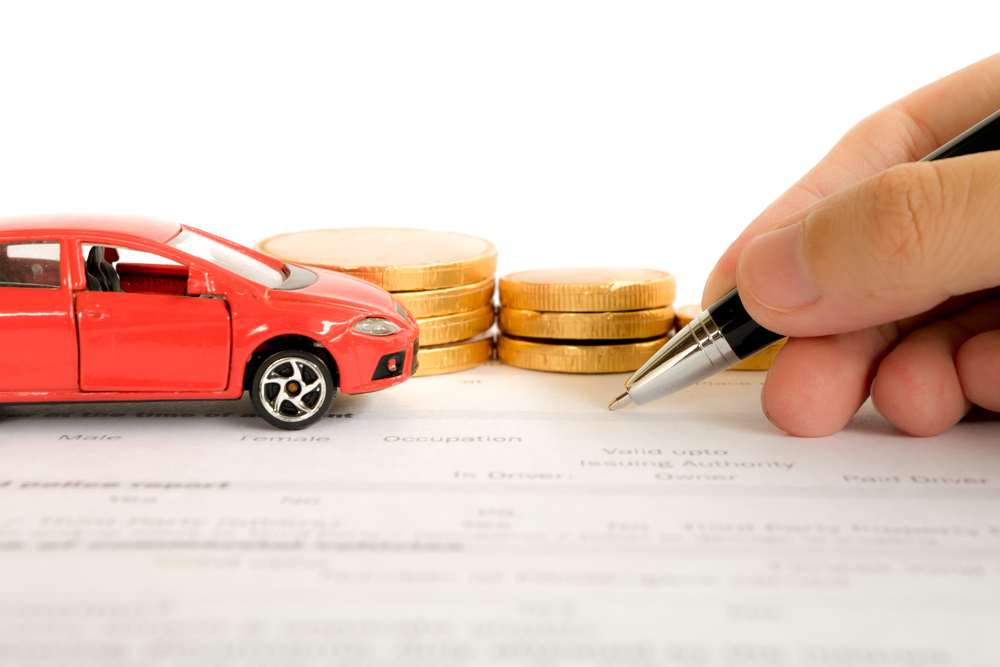Credit Cards & Loans
Car finance and high cost credit users to be granted further payment freeze

The City regulator proposes to extend the payment freeze for car finance and high cost credit users who continue to struggle financially as a result of coronavirus.
The Financial Conduct Authority (FCA) has announced proposals for motor finance and high cost credit firms to defer or reduce payments for customers by a further three months.
Payment freeze measures originally came into effect from 27 April for a three-month period.
The FCA proposed that at the end of a first payment freeze, firms should contact customers to find out if they can resume payments. If so, they should agree a plan on how the missed payments could be repaid. If customers can afford to resume regular repayments, the FCA said it is “in their best interest to do so”.
For car finance, buy-now-pay-later (BNPL), rent-to-own (RTO) and pawnbroking customers who are yet to request a payment freeze, the FCA proposes to extend the deadline until 31 October 2020.
The ban on repossessions for those facing financial difficulty but who need their vehicles or goods should also continue until 31 October.
And the regulator added that where customers need a further payment freeze or partial payment freeze, it should not have a negative impact on credit files. However, the FCA added that credit files aren’t the only source of information which lenders can use to assess creditworthiness.
The proposals also state:
- For BNPL customers, where a loan is within the promotional period, they should be offered an additional extension to that period.
- For pawnbroking agreements, where the loan is within the redemption period, firms should extend that period for three months or agreeing not to sell or suspend the sale of an item for three months if the redemption period has already finished.
- For HCSTC customers who have had a payment freeze and are still experiencing payment difficulties, firms should provide a range of support – including formal forbearance.
Christopher Woolard, interim chief executive at the FCA, said: “It is vital that people facing temporary payment difficulties because of the impact of coronavirus get the assistance they need. For those who have already taken a payment freeze and can afford to start making payments, even partially, it is in their best interest to do so, but for those that need help it will be there.”
‘Harder to borrow in the future’
Sarah Coles, personal finance analyst at Hargreaves Lansdown said putting off loan payments should be a last resort rather than a first port of call as people will be paying for the holiday for years to come.
Coles said: “If you’ve already deferred payments on car finance, buy-now-pay-later, rent-to-own or pawnbroking for three months, you could put it off for another three months.
“But this comes with serious costs. Not only will your interest be rolling up, but it could also make it much harder and more expensive for you to borrow in future. Although it can’t affect your credit record, companies will be able to take payment breaks into account when they consider whether or not to lend to you in future. You need to consider whether it’s worth the risk of not being able to get a mortgage further down the line.”
The proposals are open to comments until 6 July 2020 and the FCA then expects to finalise the guidance shortly afterwards.